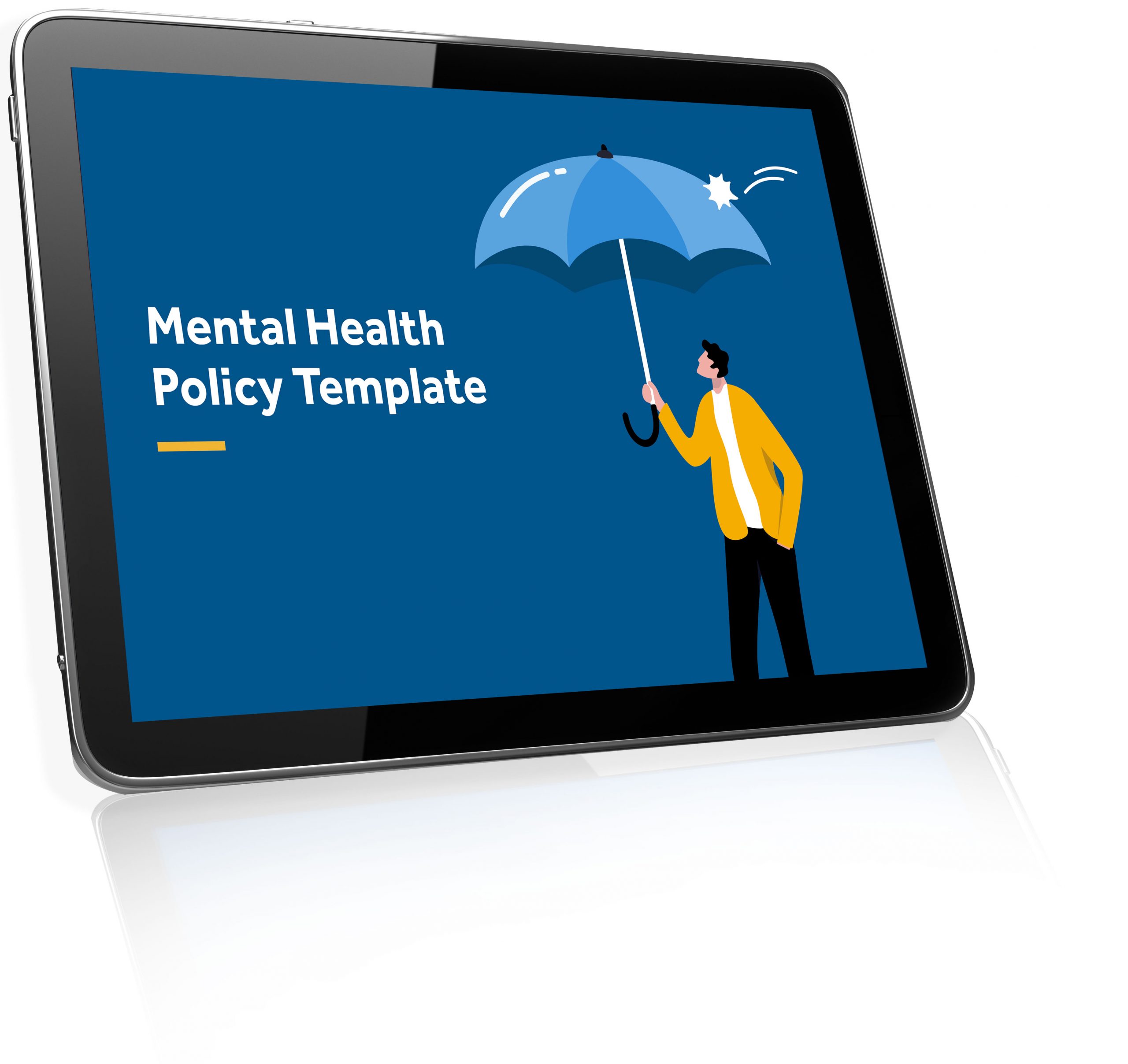
There has never been a more complicated workforce in existence- until now. Nearly four generations of employees are co-existing in the workplace. The diverse range of employees can complicate management for employers. This can create struggles in understanding how to communicate and attract diverse talent, especially millennials
Workers are still reeling from the effects of the pandemic and using this opportunity to rethink priorities. They are no longer comfortable with the blurring lines of work and personal life. They want a work-life balance and are not afraid to move on from roles or employers that don’t adapt. Amidst extremely critical labour shortages, employers need to pivot and adapt. Understanding the values and motivations of multi-generational employees can help you adapt and pivot. By recognising what drives millennials, you can also gain a competitive advantage while recruiting and hiring.
Defining Millennials
From a business perspective, it is crucial that you know how to define millennials.
Millennials
Born between 1980-1994, millennials were a part of the major generation that became comfortable with the internet and social media. As a result, they are tech-savvy, innovative, and visual learners. They value workplaces that are collaborative and diverse.
Understanding Millennials
Millennials are now the single largest age group in the New Zealand workforce, which indicates their presence and value to businesses. They are the most racially and ethnically diverse adult generation ever seen in the western world. Older millennials are beginning to progress to senior management and leadership roles. Their approach to employment and career progression is driving a revolution in businesses.
Some key facts that can help employers understand important traits in Millennials:
42% of millennials were likely to look for a new job in 2022
2 in 5 millennials say they have rejected a job because it did not align with their values
45% of millennials feel burnt out due to the intensity of their working environment
Attracting and retaining millennials
How can employers become attractive to millennials? In a competitive market already struggling for limited resources, how do you stand out?
The first thing to remember is that generational differences do exist. Businesses make the mistake of lumping Millennials and Gen Zs together. They have similar traits, but they are not the same. A one size fits all approach may cause more harm than good while hiring.
One approach that has shown success is using behavioural interview questions to assess candidates’ soft skills and values. This can help identify those who align with your company culture and have the potential to thrive in your organization.
It is also important to consider that we are not talking about fruit baskets or vouchers or chocolates at work. If you wish to attract and retain millennials in the workplace, you have to implement real systemic change from the top. You and your managers are not psychologists or mental health experts, and we don’t expect you to be. All you need is the willingness to listen to your employees.

Addressing mental health
Several workplace factors drive stress which can impact your mental health. Millennials are no longer willing to suffer in silence due to intensity of work and toxic workplaces. This indicates a retention issue for employers. They are concerned that employers are not taking mental health seriously or taking adequate steps to address it.
A sense of purpose
A bigger cultural shift has been brewing among workers. They want a sense of purpose and values that align with something to make the world a better place. Companies that can capture this essence and offer a valuable sense of purpose to employees will have a higher chance of attracting millennials. But what if your business is without a higher purpose and simply practical or economical?
All jobs are meaningful and have purpose. What millennials are seeking is a path of progress (within the role). Do their actions have meanings? Is the career path clear and transparent within the organisation? If your employees feel they can apply their skills to solve problems, help consumers, or achieve targets, they can gain a sense of purpose.
Flexibility
Flexibility is more than a buzzword now. It is not even a perk; it is practically a necessity at this point. However, we are talking about organisational flexibility here. What can you generally do to help your employees feel supported and do their best? Flexibility also implies considering alternative and innovative strategies to recruit. Is there anybody within your company who can do the job instead of a new hire? Are you willing to upskill and train your existing employees? Do you also conduct exit interviews to understand motivations of employees who leave?
Organisational flexibility is the need of the hour for small business owners who need a stable workforce and skilled staff.
What can Employsure do for you?
Employsure has worked with 30,000 businesses across Australia and New Zealand. We specifically understand the daily challenges affecting small business owners and employers. We can support you with advice, documentation, contracts, and work health and safety. Call our 24/7 Advice line today to get all your tricky questions answered.
